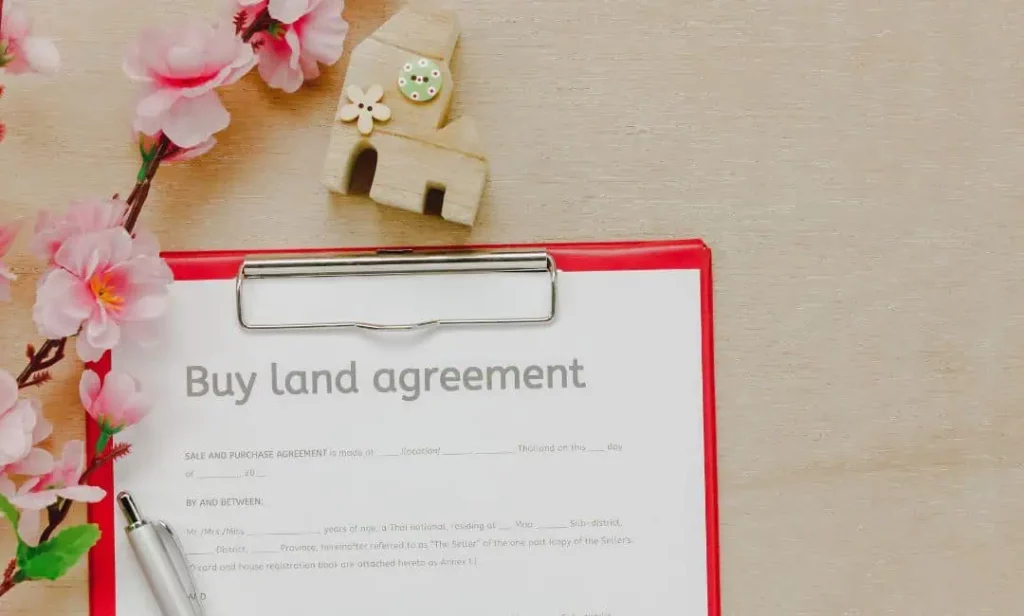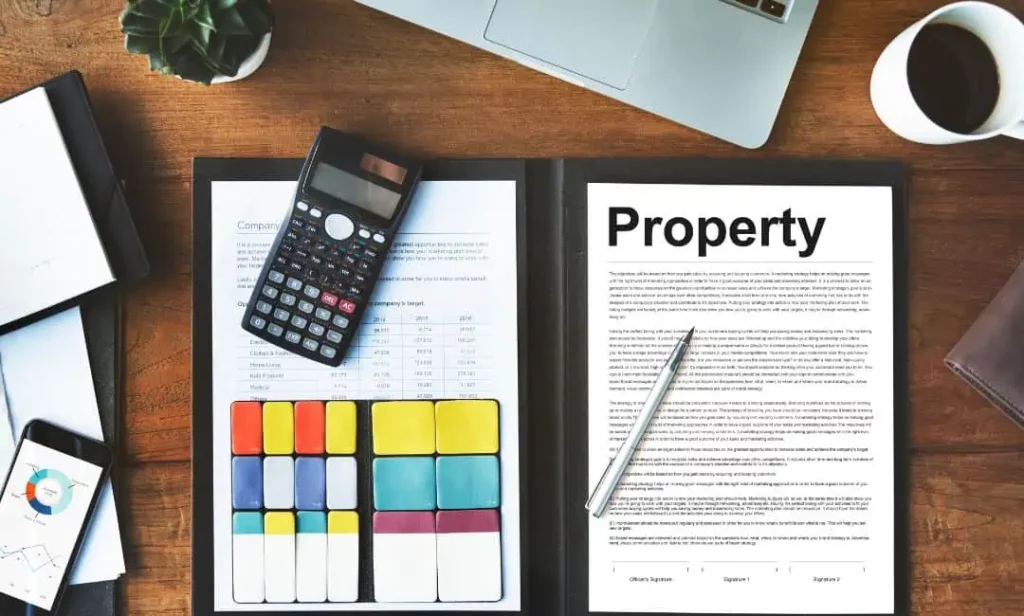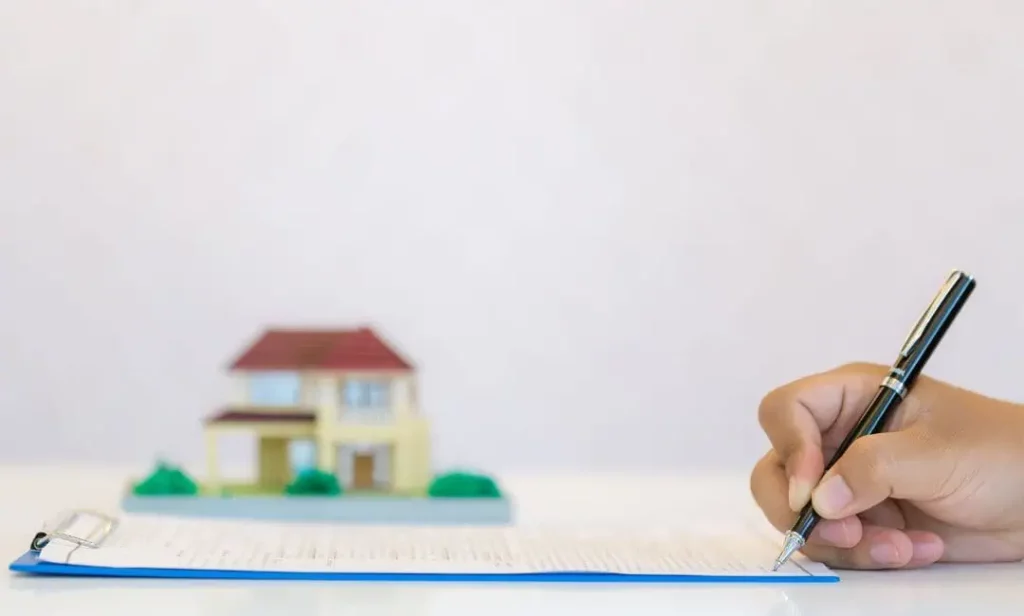
A real estate transaction is one of the most significant financial events in a person’s life. It’s exciting but can also feel overwhelming. From legal documents to deadlines, the process can be confusing if you’ve never gone through it before.
Understanding the flow of a typical real estate transaction process is key to a smooth and successful closing.
I’ve been where you are — eager, nervous, and wondering what comes next. That’s why I created this guide. We’ll go step by step through every stage of the process, explore the important real estate legal documents, and uncover the legal requirements for real estate services that protect you.
By the end, you’ll feel more confident and informed. Keep reading and make sense of this journey together.
Who’s Who in a Real Estate Transaction?
A real estate transaction can seem like a maze of steps and roles, but each person involved plays a key part in making the deal happen smoothly. Here’s a breakdown of the main players:
1. Buyer
The buyer is the person or entity purchasing the property. They typically hire a real estate agent to help them find the right home, negotiate the price, and guide them through the closing process.
2. Seller
The seller is the current property owner who is selling their home or investment property. The seller also often works with a real estate agent to market the property and handle negotiations with potential buyers.
3. Real Estate Agent(s)
Real estate agents serve as intermediaries between buyers and sellers. Some represent the buyer, some represent the seller, and in some cases, they represent both in a dual agency role. They help negotiate terms, assist with paperwork, and guide clients through the entire process.
4. Mortgage Lender
The mortgage lender is the financial institution providing the buyer with the funds to purchase the property. They assess the buyer’s financial situation, approve or deny loan applications, and work closely with the buyer to finalize the financing.
5. Real Estate Lawyer or Notary (in Quebec)
In many provinces, a real estate lawyer is essential. They ensure the transaction is legally sound, reviewing the Agreement of Purchase and Sale (APS) and other legal property documents. They also manage the closing process, ensuring that funds and ownership are transferred correctly.
6. Home Inspector
A home inspector evaluates the property’s condition before the buyer commits. They assess everything from the roof to the foundation, helping the buyer identify potential issues and make an informed decision.
7. Insurance Agent
Before closing, buyers must typically secure home insurance. The insurance agent provides coverage that protects the property and its contents from loss or damage. It’s often a requirement from the lender as part of the loan agreement.
Realtors don’t earn a salary — their income depends on successful sales. Want to know how it really works? Head over to our post on how realtors get paid for a clear, honest look at the process.
What Constitutes a Legally Binding Real Estate Transaction?

A real estate transaction doesn’t just happen overnight. For it to be legally binding, several key elements need to be in place:
Offer and Acceptance
First, the buyer makes an offer to purchase the property, and the seller must accept it. This agreement typically happens after negotiations on price and terms.
Consideration
This refers to the price or value being exchanged. For most property transactions, this is the amount of money the buyer agrees to pay for the property.
Mutual Assent
Both the buyer and the seller must agree on the terms and conditions. This mutual agreement is crucial for the transaction to be legally binding.
At the heart of any real estate deal is the Agreement of Purchase and Sale (APS). This document spells out the details: the price, conditions, closing date, and any items included or excluded from the sale. Without the APS, the transaction would not move forward, as it sets the expectations for both parties.
The Step-by-Step Journey of a Real Estate Transaction
Buying or selling a home isn’t always easy. There are lots of steps and people involved, and it can feel overwhelming. But once you understand how the process works, it becomes much more manageable.
Look at the important stages in a real estate transaction — whether you’re buying or selling.
Phase 1: Pre-Offer – Preparation and Due Diligence
Before making any offers, both buyers and sellers need to know everything.
For Buyers
1. Get Mortgage Pre-Approval
Before you start shopping, it’s essential to get mortgage pre-approval. This step helps you understand what you can afford, and it gives you a clear picture of your budget. It’s much easier to shop with a price range in mind.
2. Understand the Costs of Buying
Buying a home involves more than just the purchase price. You’ll need to budget for the down payment, closing costs, and possible government fees. These can add up, so it’s crucial to know what you’re committing to financially.
3. Create a Wish List
Take some time to list out your needs and wants. What are your non-negotiables (e.g., number of bedrooms, proximity to work, access to public transport)? What would be nice to have, but isn’t essential? This will help narrow down your search.
4. Talk to a Mortgage Broker
A mortgage broker can be a valuable resource. They’ll explain the property transaction costs and help you understand the different financing options available to you. The earlier you speak to them, the better prepared you’ll be.
For Sellers
1. Prepare Your Home
It’s time to get your home market-ready. This might involve making repairs, staging the space, or simply cleaning and decluttering. A well-presented home can make a big difference in the sale price and how quickly your property sells.
2. Gather Legal Documents
Sellers should have important documents ready, such as surveys, property tax receipts, and warranties. These will help speed up the process once an offer is made.
3. Consider a Pre-Listing Home Inspection
A pre-listing home inspection can be a good idea. It allows you to identify and address potential issues before listing the property. This can save time and prevent surprises later on.
Phase 2: The Offer and Negotiation
This is where the rubber hits the road. When the buyer finds a home they like, they make an offer, and the negotiation begins.
The Offer
The buyer’s real estate agent drafts the Agreement of Purchase and Sale (APS), which includes key details like:
- Price: The amount the buyer is willing to pay.
- Deposit Amount: Typically 1-5% of the sale price. This shows the buyer’s commitment.
- Conditions: These could include financing, home inspection, or the sale of the buyer’s current property.
- Closing Date: The date when the deal is expected to finalize and ownership will transfer.
The seller can either accept the offer, reject it, or make a counteroffer. This back-and-forth continues until both parties come to an agreement.
Negotiation
Negotiation is normal in real estate transactions. The buyer and seller may go back and forth on price, terms, or other conditions. Both parties may adjust their expectations before a final agreement is made.
Home prices in cities like Toronto and Mississauga have seen big changes lately. If you’re buying or selling, it helps to know what’s really happening. Take a look at our updated post on Toronto housing market statistics. It’s a quick, clear look at prices, trends, and what’s changed in the city over the past few months.
Phase 3: The Conditional Period (Due Diligence Phase)
Once both parties agree on the offer, the conditional period begins. During this time, the buyer has the opportunity to conduct their due diligence and ensure that everything checks out.
1. Fulfilling Conditions
The buyer will need to meet any conditions outlined in the APS. This may include:
- Securing financing: The buyer must finalize their mortgage approval with the lender.
- Home Inspection: A professional inspector will assess the condition of the home to identify any potential issues, like foundation problems, leaks, or electrical concerns.
- Reviewing Condo Documents: If buying a condo, the buyer needs to review documents like financial statements and the rules of the condo corporation.
2. Lawyer’s Initial Review
During this period, the buyer’s lawyer will review all real estate documents provided by the seller’s lawyer. They will ensure everything is in order and that there are no legal issues with the property. This includes checking the title, real estate transactions law, and any possible legal claims on the property.
Example:
If the title search reveals an old lien or easement, your lawyer will work with the seller’s lawyer to have it cleared before proceeding.
Phase 4: From Conditional to Firm Deal
Once the buyer is satisfied that all conditions have been met, the deal moves from conditional to firm. This is a significant step in the process.
1. Waiving Conditions:
The buyer formally waives all conditions once they’ve secured financing, completed inspections, and reviewed the necessary documents. At this point, the deal is considered firm.
2. Non-Refundable Deposit:
When the deal becomes firm, the buyer’s deposit becomes non-refundable. If the buyer backs out after this point, they risk losing the deposit and potentially facing legal consequences.
Important Note:
This is why it’s crucial to seek legal advice before waiving any conditions. It’s important to be confident that everything is in order before moving forward.
If you’re thinking about becoming an agent in another city, you’ve probably wondered about income. Real estate earnings can really vary. Take a moment to read our post on how much real estate agents make in Ontario. It gives you a clear picture of what agents actually earn.
Phase 5: Closing Preparations – The Lawyer’s Domain
This phase is all about preparing for the final transfer of ownership. Most of the legal work happens during this stage.
1. Title Search
The buyer’s lawyer conducts a title search to ensure the property has a clear title. This confirms that there are no outstanding liens or legal disputes associated with the property.
2. Statement of Adjustments
The lawyer also prepares a Statement of Adjustments, which calculates various closing costs and adjustments. This includes things like:
- Property tax adjustments
- Utility prorations (to ensure the buyer only pays for services after the closing date)
- Any other costs that need to be settled before the transfer?
3. Coordinating with the Lender
The buyer’s lawyer also works with the mortgage lender to ensure that all funds are in place for the closing day. This includes ensuring that the mortgage funds are ready to be transferred to the seller.
Phase 6: Closing Day
The big day has arrived. It’s time for the final steps of the transaction.
On closing day, the buyer does a final walkthrough of the property. This is the last chance to ensure that everything is in order and that the property is in the condition agreed upon.
1. Mortgage Funds and Down Payment
The buyer’s lawyer receives the mortgage funds from the lender and the buyer’s down payment. These amounts are combined to make the full payment for the property.
2. Transfer of Ownership
The seller’s lawyer transfers the deed (legal document proving ownership) to the buyer’s lawyer. The deed is then registered with the appropriate land registry office.
3. Keys Are Released
Once the deed is registered, the keys to the property are handed over to the buyer. At this moment, the buyer officially becomes the owner.
Congratulations!
You’ve successfully navigated the real estate transaction process, and you are now the proud owner of your new home. Enjoy this exciting moment! If you have any questions after the deal is done, don’t forget to contact your lawyer.
Buying or selling a home in Ontario? It’s a good idea to know how much you’ll pay in commission. Fees can vary depending on the brokerage and service level. To understand what to expect, check out our blog on real estate brokerage fees in Ontario.
A Deep Dive into Essential Real Estate Legal Documents

When you’re buying or selling property, understanding the legal documents involved is key.
These documents protect your rights and ensure the deal follows the law. Let’s break down the requirements for buying a house or selling and why they matter.
1. Agreement of Purchase and Sale (APS)
First and foremost, the APS is the core contract of the transaction. It spells out all the major terms agreed upon by both the buyer and seller. This includes:
- Names of both parties
- Legal description of the property
- Purchase price and deposit amount
- Chattels (items included, like appliances)
- Fixtures to be excluded from the sale
- Any conditions (like financing or home inspection)
- The closing date
In short, the APS lays the foundation for the entire transaction. Nothing moves forward without it.
2. The Deed: Transferring Ownership
Next, we have the deed — the legal document that officially transfers ownership (or “title”) of the property from the seller to the buyer.
So, who prepares it?
Usually, the buyer’s lawyer prepares the deed, although sometimes the seller’s lawyer may take on the task. Either way, the lawyer ensures the document meets all legal transaction requirements and is properly signed and registered.
3. Title Search & Title Insurance
Before the transaction is finalized, a title search is conducted. This step checks the property’s ownership history to confirm the seller has legal rights to sell it. It also looks for things like unpaid taxes, liens, or other legal claims.
Alongside the title search, your lawyer may recommend title insurance. This protects you and your lender from issues that may not appear in the title search. These issues can include fraud, forgery, or hidden defects in the property title.
4. Mortgage Agreement
If you’re financing your purchase, the mortgage agreement becomes one of the most important documents you’ll sign.
This agreement is between you and your lender. It outlines:
- Your loan amount
- Interest rate
- Payment schedule
- Lender’s rights if payments are missed
Essentially, it lays out the terms of your loan — so it’s critical to understand every part before signing.
5. Statement of Adjustments
As you approach closing, your lawyer will provide a Statement of Adjustments. This document breaks down the final amount the buyer must pay and the seller’s credits.
It accounts for:
- Property taxes
- Utility payments
- Prepaid services
- Other closing costs
6. Other Key Documents
Finally, there are a few other documents you might come across, depending on the situation:
- Bill of Sale: Used when personal property (like appliances or furniture) is sold along with the home. It confirms the transfer of ownership for these items.
- Survey or Certificate of Location: Shows the property boundaries and structures on the land. This helps confirm what’s actually being sold.
- Status Certificate (for condos): Provides a snapshot of the condo corporation’s finances, rules, and any legal issues. This is especially important for buyers who want to avoid surprises later.
Navigating Legal Requirements and Avoiding Common Pitfalls

Buying or selling a home means more than just signing papers. It’s a legal process, and you need to handle it properly. That’s why your lawyer’s role is so important.
Why Legal Guidance Matters
Your real estate lawyer ensures the transaction follows the law. They check every detail, confirm all conditions are in place, and protect your interests at each step.
Watch Out for These Common Pitfalls
Even experienced buyers and sellers can run into legal trouble. Here are some of the most common issues:
- Undisclosed defects in the property
- Title issues, like a lien or past ownership conflict
- Zoning problems that limit property use
- Unpaid taxes or hidden liens attached to the home
What Your Lawyer Does
Your lawyer reviews the contract, investigates the property’s title, checks for unpaid taxes, and looks for any legal concerns. They identify problems early and help you resolve them before closing.
Quick Tip:
Always let a lawyer review the deal — even in a private sale. Skipping this step could lead to expensive mistakes. A quick legal check now can save you major costs later.
Conclusion: Knowledge is Power in Your Transaction
A real estate transaction may seem complex, but with the right guidance, it becomes a structured process designed to protect you.
By understanding the flow of a real estate transaction and the purpose of key real estate legal documents, you empower yourself to be an informed and active participant in the process, leading to a secure and successful outcome.
Remember — this guide is for information only. Always work with a trusted real estate agent and a qualified real estate lawyer to meet all legal requirements for real estate services in your province.
As a new or growing agent, choosing the right brokerage matters. The top real estate brokerages in Canada offer excellent training, lead generation, and long-term growth opportunities. It’s your career — invest in it wisely.






